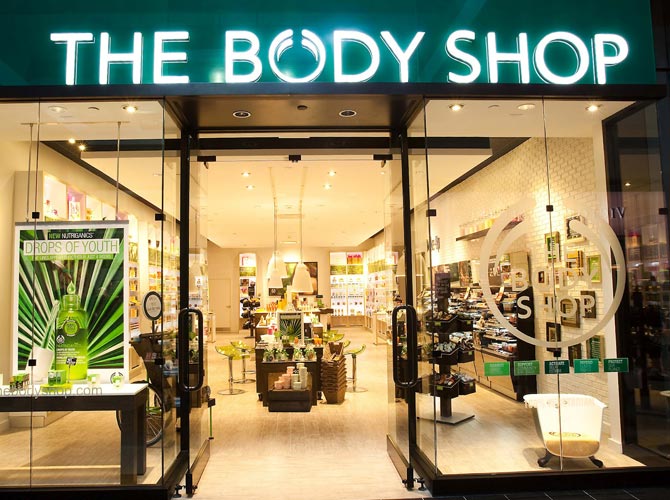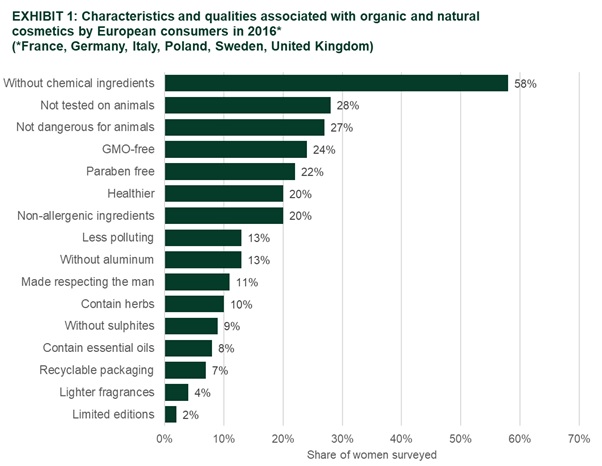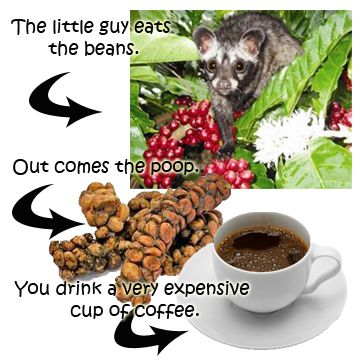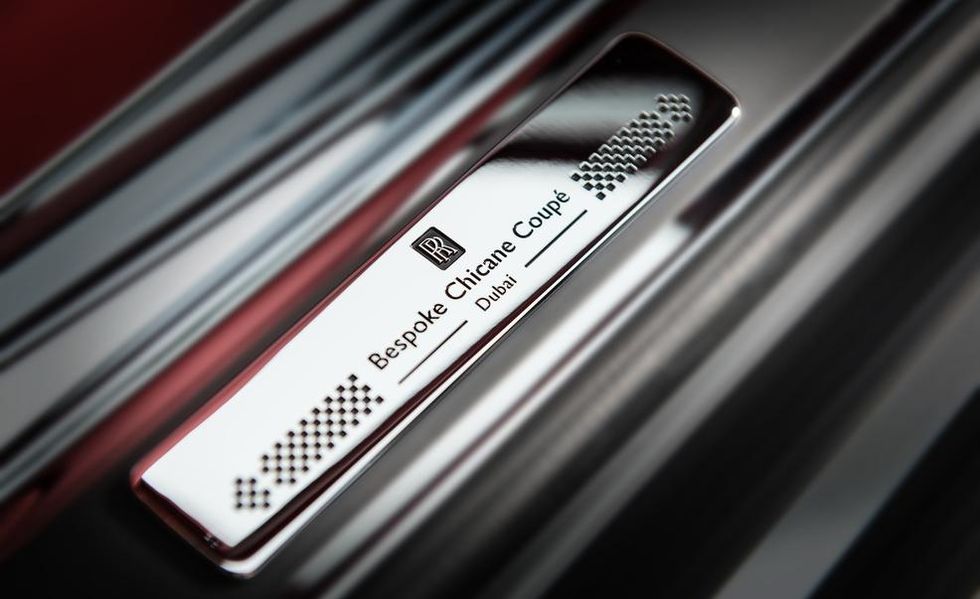What is Product Differentiation?
Product differentiation is a strategy employed by businesses to achieve a competitive advantage by differentiating their products from those of their competitors.
Product Differentiation – why?
Generally, salespeople highlight their differentiation advantage to customers in two ways:
- Our company is unique and special. Buy from our company.
- This is seller differentiation.
- Our product is unique and special. Buy our product.
- This is product differentiation.
We will analyse seller differentiation later.
In product differentiation, special typically means high quality. The source of uniqueness and high quality in a product could be varied. Some of them are rare raw materials, advanced technology, distinctive design, superior personnel, or unusual methods. These become the sources of product differentiation. Customers perceive such products as high performance or exclusive. So, they are willing to pay a higher price for them.
Up until now, product differentiation helped businesses sell, and charge premium to their customers.
However, this is changing.
In a recent conversation with the CEO of a cosmetics company in Europe, he gave a thought-provoking perspective in the context of their product differentiation.
The CEO: “[First] it was ‘natural’. Then we introduced ‘natural fruit-based’. Then it became ‘natural fruit-based paraben-free allergen-free’. And it went on like that… Whenever I try to differentiate my product further, I feel I am narrowing my customer base. It is a big problem because my loyal customer base keeps shifting…”
Evidently, his concern is not misplaced.
In an online survey in Europe, 900 women aged 25-65 years buying cosmetics and being interested in organic and natural cosmetics associated different characteristics and qualities with organic and natural cosmetics (see EXHIBIT 1).
To be honest, this finding isn’t surprising.
There are so many ways to differentiate a product within a category. They may not appear truly differentiated at all.
It appears, product differentiation as a source of competitive advantage is losing its sheen. It may not be enough going forward to compete.
Wonder why it is so?
To find out, we analysed the sources of product differentiation. Our analysis yielded these insights.
In our increasingly global and digital world, the sources of product differentiation have become pervasive.
- Global supply chains make it easy to procure raw materials from any place on the Earth. That too fairly quickly.
- A free market economy facilitates the effortless movement of goods and expert personnel.
- The Internet makes it simple to share information and technology.
Basically, it has become easy to procure stuff and change. This helps your rivals achieve parity with your products in no time.
Let’s see how.
Consider examples from three diverse product categories: cosmetics, coffee, and car. Notice how a product that once appeared differentiated from their competitors’ doesn’t seem so anymore.
Example 1: The Body Shop – the first natural and organic cosmetic brand?
The Body Shop is perhaps the first global company to popularise the use of ‘natural ingredients’ in cosmetics. Anita Roddick, an activist, founded it to also promote ethical consumerism. The business’s original vision was to sell products with ethically-sourced, cruelty-free, and natural ingredients. The company was one of the first to prohibit the use of ingredients tested on animals. The Body Shop truly differentiated itself at the time. And it thrived. This was in the eighties and early nineties.

However, competitors followed suit soon after. Every cosmetic company wanted to show natural ingredients in their product. So much so that, it might be difficult to find a cosmetic company that does not seek to differentiate itself as natural or organic. Looks like, Natural is a hygiene factor in cosmetics now.
Example 2: Kopi Luwak – world’s most expensive coffee
Civet coffee, also called Luwark coffee (or Kopi Luwak), is advertised as the world’s most expensive coffee. It is expensive because of an uncommon method of producing it. Civet coffee is produced from the coffee beans digested by civet cat. The faeces of this cat are collected, processed, and sold. A unique process indeed!
Civet coffee is originally from Indonesia. But, it is now produced across many countries in South East Asia. It is available in India too. It may only be a matter of time before we see this coffee in our favourite coffee shops. Moreover, there are other coffee brands such as Black Ivory, Finca El Injerto, Hacienda La Esmeralda, Saint Helena, and Jamaican Blue Mountain that are touted as the world’s most expensive coffee. Apparently, Kopi Luwak seems to have lost its flavour as world’s most expensive coffee.
Example 3: Exotic and handmade Phantom – an epitome of luxury
Rolls-Royce Phantom Coupé gained fame as your own bespoke exotic car handmade by expert craftsmen. Rolls-Royce claims that no two Phantoms in the world are exactly the same.
Finally, a true differentiator? We thought so too.
Only, there are at least ten other cars which take pride in calling themselves most exotic and handmade. Lamborghini, Bugatti, Pagani trump the track where Aston Martin is not even in the top-3.
Therefore, that forces us to ask.
Product Differentiation: is it a competitive advantage or a hygiene factor?
The point from the above examples is this.
The Body Shop might be natural and organic; Kopi Luwak might be a billionaire’s brew; Rolls-Royce Phantom might be exotic and handmade.
But they are not the only ones doing it in their industry. Rather, they join the crowd by competing on product differentiation.
Ironic, isn’t it!
The truth is this. The more you pursue product differentiation, the more you risk looking like the scores of your competitors doing the same.
It makes one wonder whether ‘our product is high quality’ has become a hygiene factor. It will not guarantee you sales, let alone premium prices. But not having it will definitely hurt sales.
But wait!
Apple pursues a product differentiation strategy. And Apple continues selling huge numbers of iPhones and iOS devices. In fact, iOS had more than 50% of the market share in the US as of May-2020 (see EXHIBIT 2).

How do we explain this?
Clearly, something is at play here.
Is product differentiation a source of competitive advantage? Or has it merely become a hygiene factor?
If the latter, then how can you compete in the fiercely competitive marketplace?
What are your thoughts on this?
Let us analyse this aspect in the next Veracle.
Related Posts:
- What does Digital Maturity really mean?
- Does Your Business Have a Working Strategy?
- Why do Businesses hire Management Consultants?
<– Competitive Advantage: do you have one? Is it sustainable?
Customer-centric Sales is the New Competitive Advantage –>
Cover Photo courtesy: Vix.com
If you liked reading this article, then please subscribe to our blog – Veracles. That way, you can receive interesting insights in email.
Also, please do follow Veravizion on LinkedIn, Twitter or Facebook to receive easy updates.



